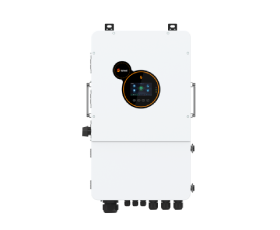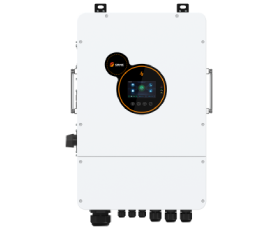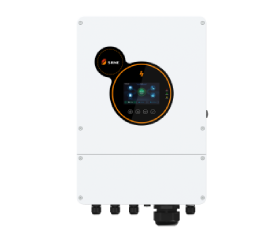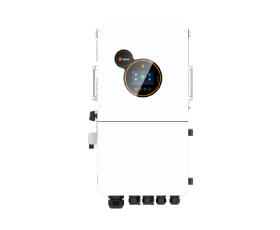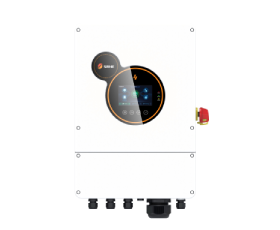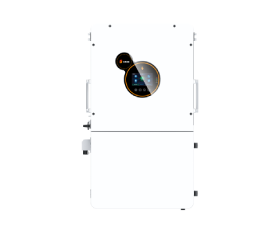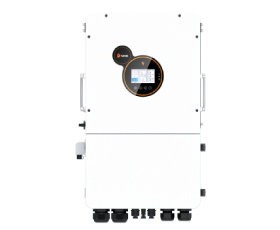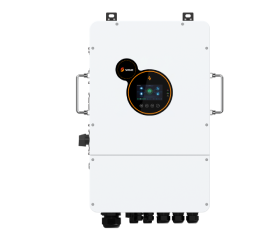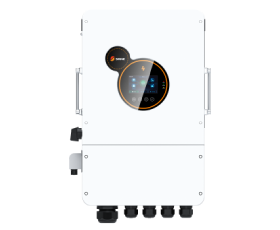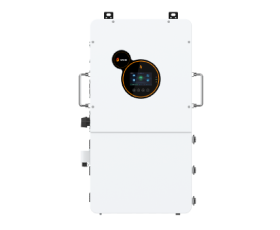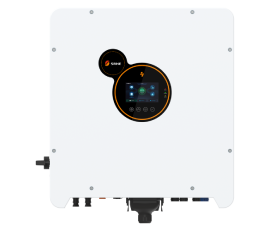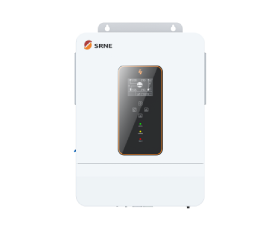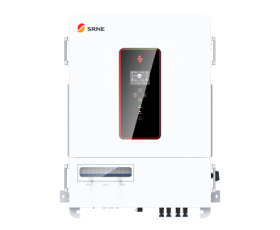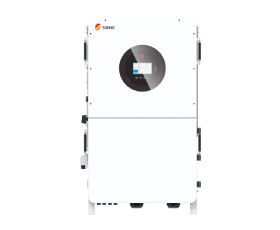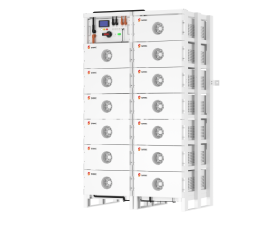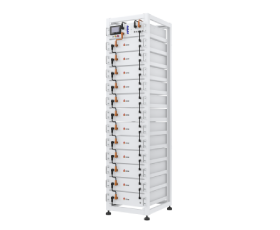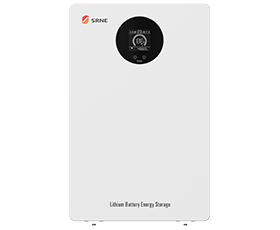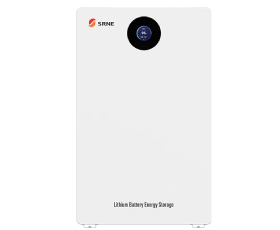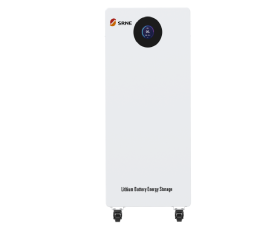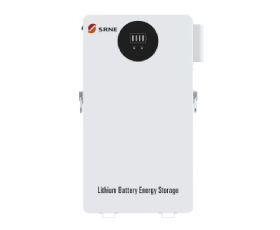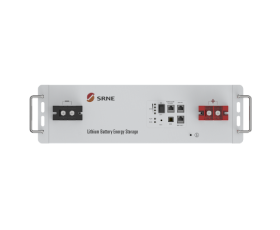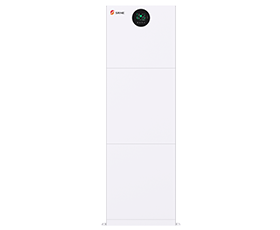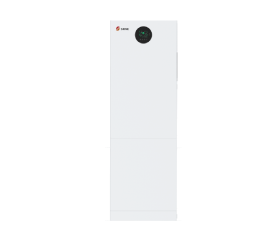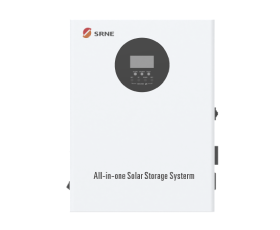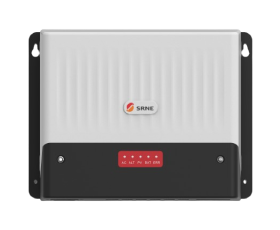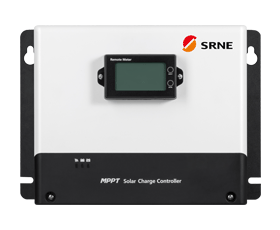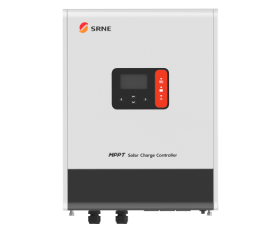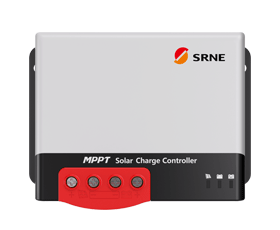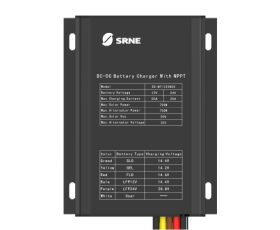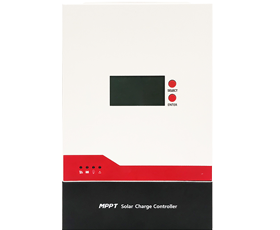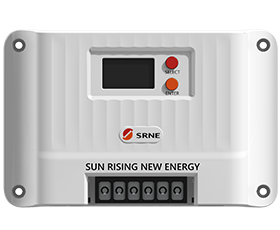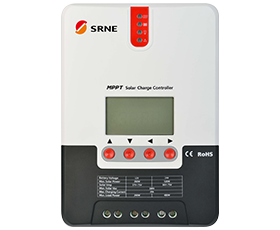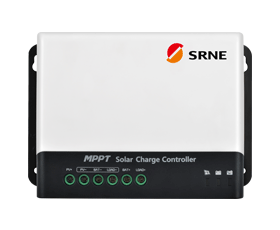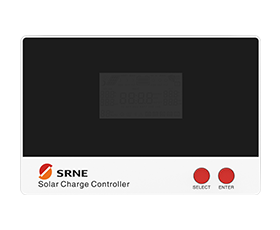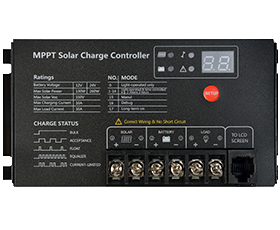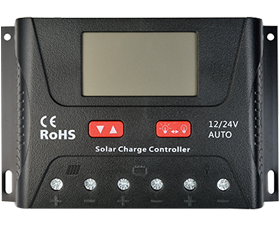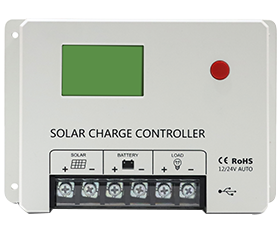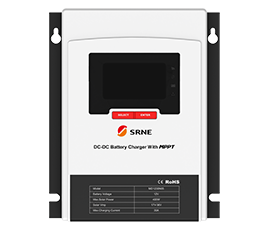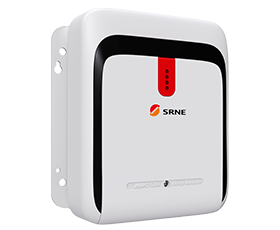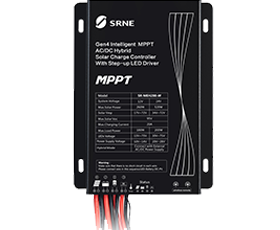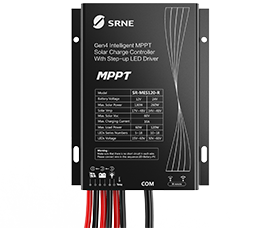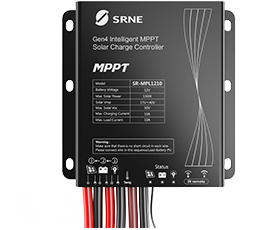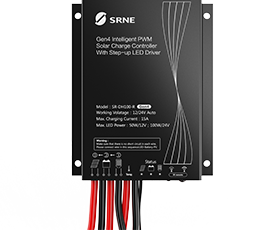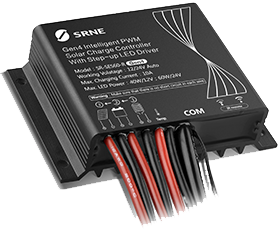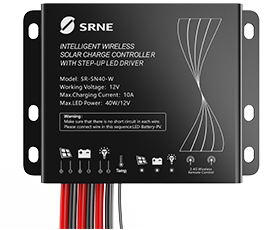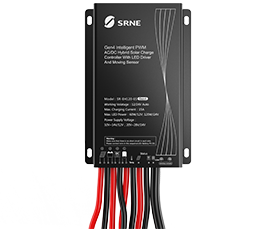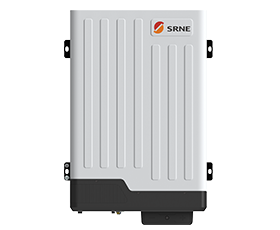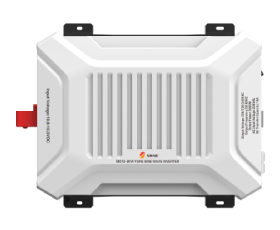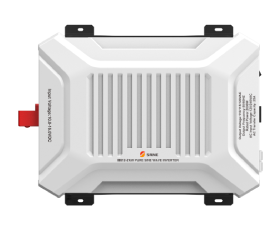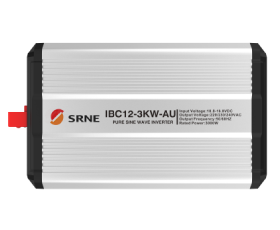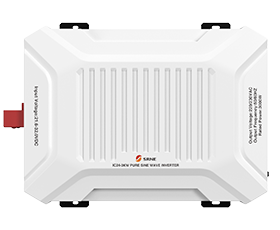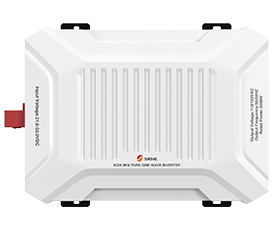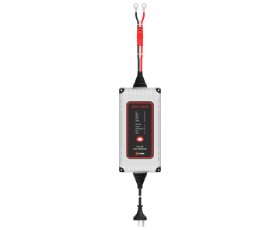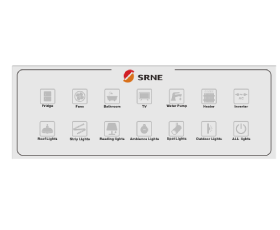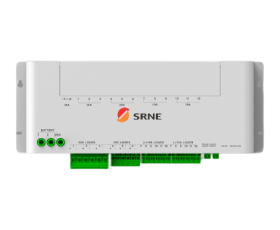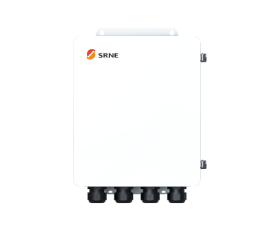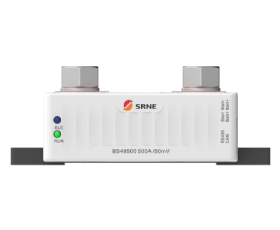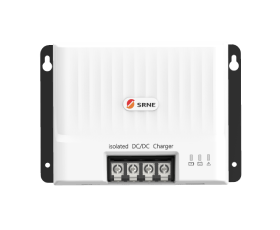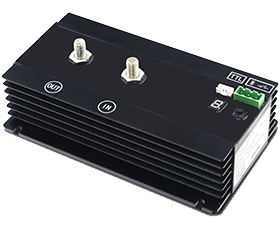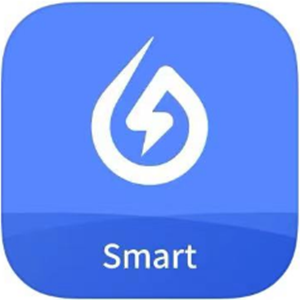How do solar panels benefit schools and universities?
Solar energy is a clean and renewable alternative to fossil fuels for it is environmentally-friendly, pollution-free, virtually inexhaustible, safe and efficient. It goes well with smart technology and education. It’s an ideal energy source for powering cost-conscious and eco-friendly facilities that serve thousands of people.
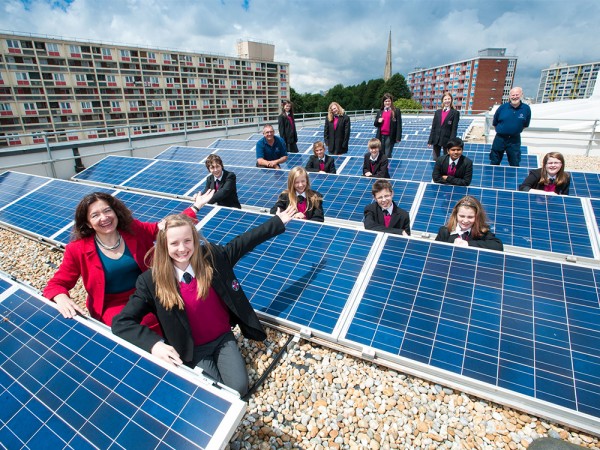
For most people, solar panels are synonymous with residential and commercial use. People put solar panels on their homes to cover electricity bills, and augment their commercial buildings to draw new business and “go green”. But what happens when solar panels are added to the layout of schools or universities? Today, solar panel installations in schools are becoming more popular. For schools around the world, installing solar panels is a great way to generate public relations and save money on electricity bills in the future.
Solar panels for schools have many benefits. The following are a few of the most significant benefits of solar panels for schools.
Solar Panels Provide Unlimited and Reliable Energy
For universities, schools, and residences alike, solar power systems offer a dependable source of unlimited energy. While fossil fuels are a finite source of energy, solar power is not. Designed to work on cloudy days, in part sun, and even in wintery environments, solar panels can generate a significant amount of power for universities and schools that install them.
Unlike a home solar array, which can only allow a certain number of panels due to the limitations of roof space, universities have broad structures that can accommodate hundreds of panels, which can power an entire campus. The more panels you install, the more unlimited free energy you can produce.
Solar Panels Work Well on Most University Roofs
Most residential homes have pitched roofs, which can make adding solar panels difficult. Universities and schools, on the other hand, typically have flat, expansive roofs. In addition to providing plenty of open, unshaded space for solar panels to work to their highest potential, these roofs are also unlikely to feature sensitive materials, like wood shingles. Students who want to install their own solar panels on flat roofs can learn directly from university authorities on how it’s done. Flat roofs are more convenient for universities and large structures that include HVAC and other roofing equipment.
Low Maintenance
Another major benefit to solar panels for alternative colleges and universities is that once they are installed they don’t need much maintenance. The glass and frame that protects solar cells are very strong and durable. Certain panels are strong enough to withstand hurricanes. Most modern solar panels are designed to last at least 25-30 years, but it’s possible to last longer in mild climates. Both a university or home solar array must be periodically inspected, but in warmer climates solar panels have more longevity. The panels can be damaged by wind and other severe weather conditions, but tend to be unbreakable.
Solar Power Will Reduce Operating Costs for the School
Electric prices have risen over the past ten years. Because they use a great deal of electricity, schools and universities have been some of the primary victims of these price hikes. Fortunately, solar power is a free source of energy, found in abundance throughout the world, and advanced technology and skilled installers have made it even more accessible for institutions.
Solar Power Could Help Boost Enrollment
Solar power is cutting-edge and attractive to eco-minded students, teachers and supporters. As such, a college or university that installs a solar panel system could easily see an increase in enrollment. When modern students choose schools, many of them look for options that offer environmentally-conscious practices, renewable power, and eco-friendly facilities.
Nowadays, schools and universities have a great deal to gain when it comes to the installation of solar panels. Ideal for reducing electricity bills and cutting costs associated with powering a school’s facilities, solar panels are an eco-friendly addition that can also have far-reaching social and cultural impacts.



















